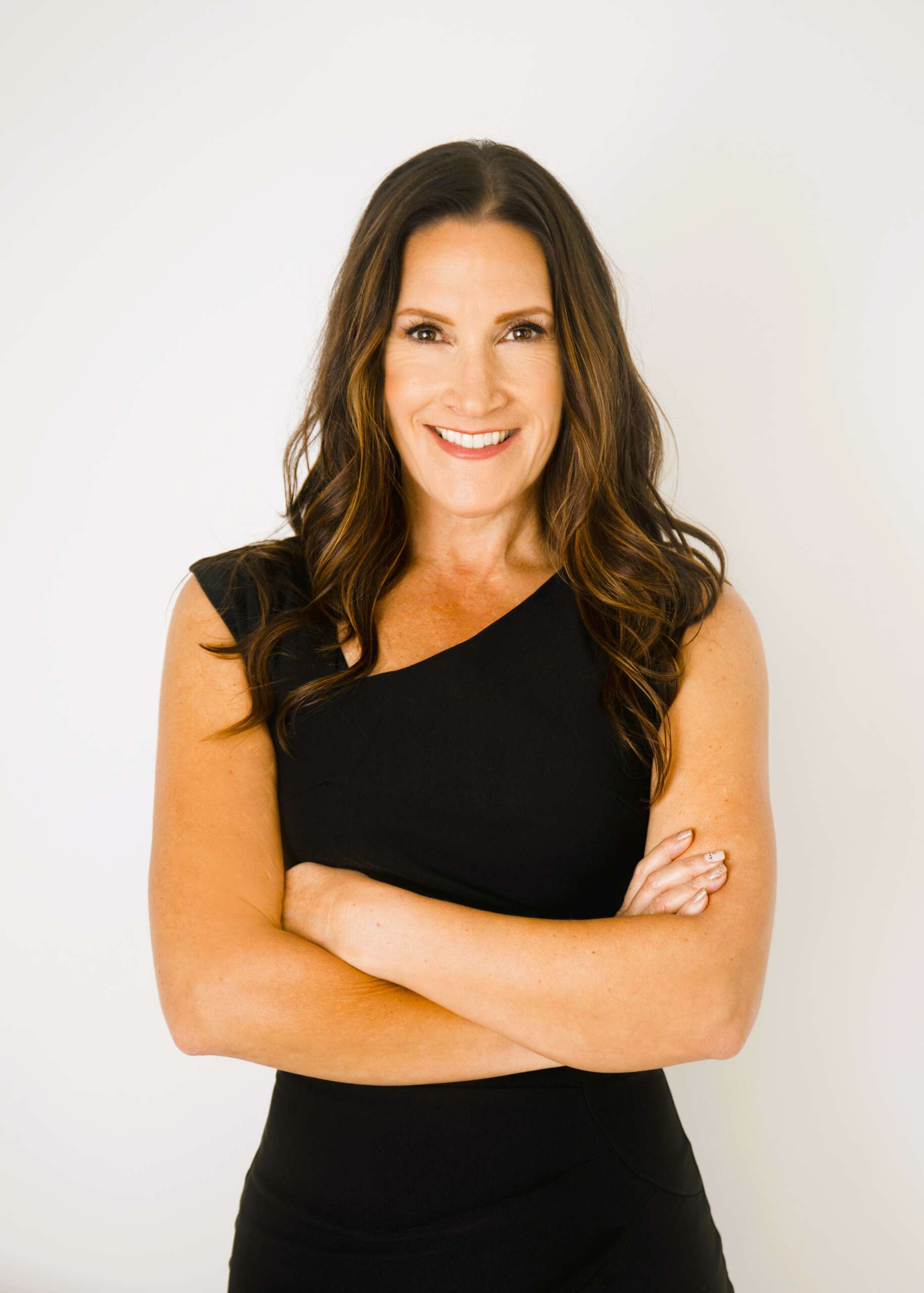We’re excited to introduce you to the always interesting and insightful Tara Miller. We hope you’ll enjoy our conversation with Tara below.
Tara, thanks for taking the time to share your stories with us today We’d love to hear stories from your time in school/training/etc.
Because I was training in SRT (Self REgulation Therapy) concurrently with my Masters degree at Gonzaga, all my papers, examples, and techniques were different from the rest of my cohort. And different from how my professors were teaching. Where they focused on CBT and theories around talk therapy, I focused on and brought knowledge on the nervous system and it’s essential role in healing and recovery. On my final presentation the dean of the department shook my hand, congratulated me on highest honors designation and shared with the group how he had learned and agreed with all I brought in as new information and recommended everyone learn more about it in their post grad work. It was a program that began completely rejecting the work and science and in swimming upstream with what I had known and experienced to be true, was able to, over time, have a positive influence on the way that particular group of teachers and future colleagues understood the influence and importance of the nervous system over traditional cognitive, behavioral, and emotional models.
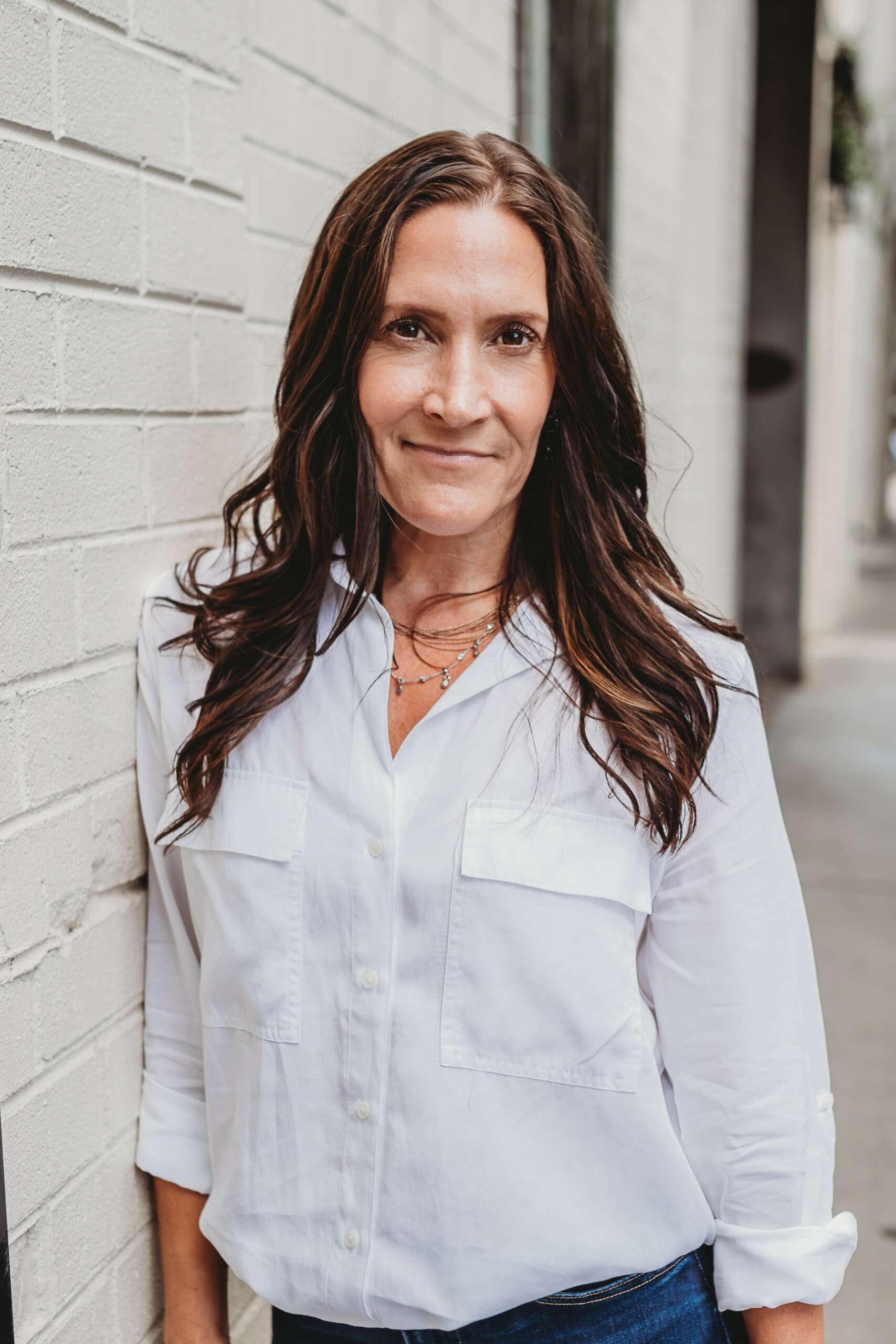

Tara, before we move on to more of these sorts of questions, can you take some time to bring our readers up to speed on you and what you do?
I work with business owners, leaders, and executives teaching them how to regulate their nervous system, stimulate it up for performance on demand, and calibrate their state to optimize their work, life, and longevity. After over a dozen years in clinical practice as a psychotherapist, I took the same neuroscience that we apply to trauma therapy and use it within the corporate and entrepreneurial space. We work to specific targets and goals and see corporate wide improvements in communication, empathy, performance, stress tolerance, burnout prevention, and overall supportive corporate culture dynamics.
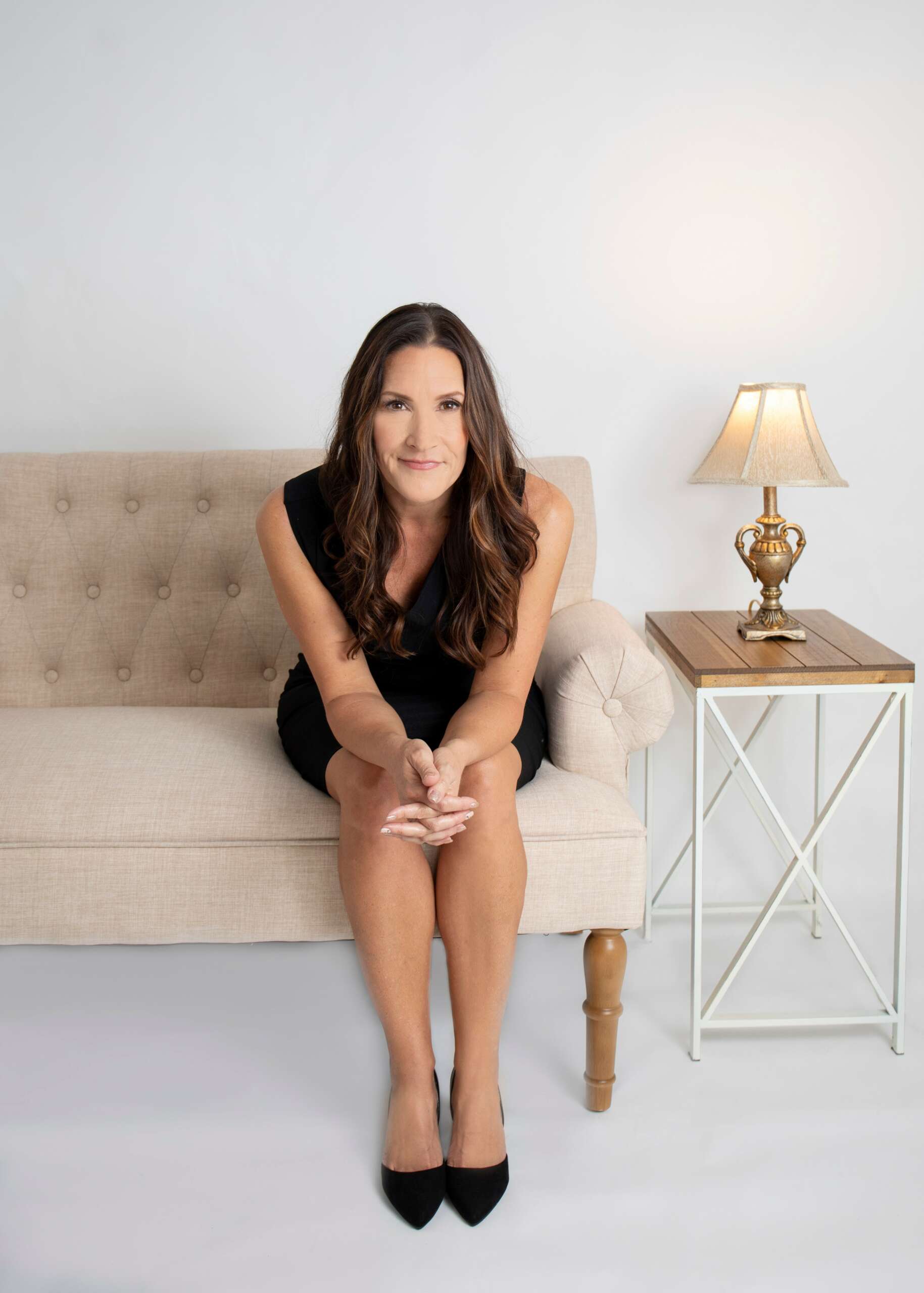
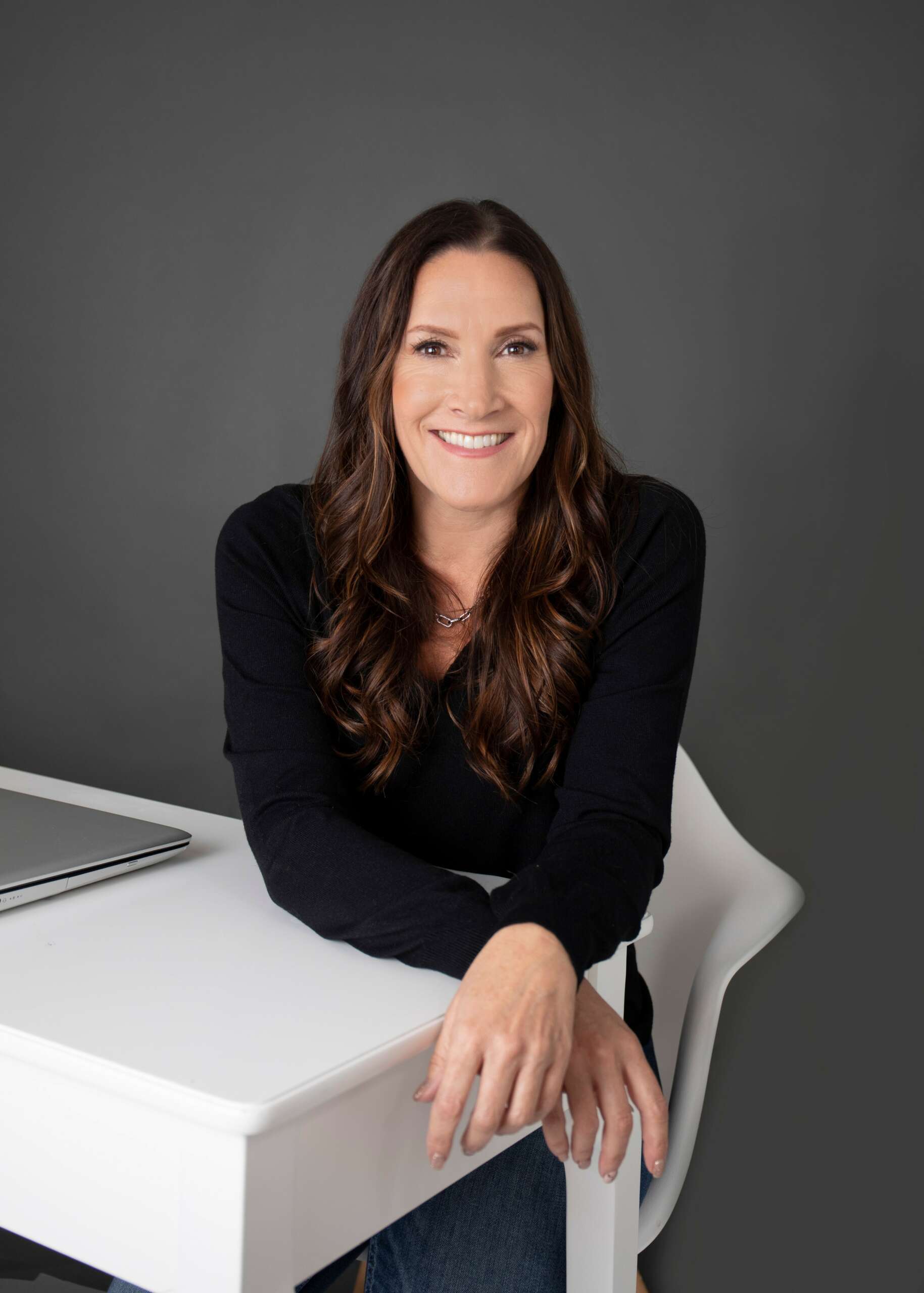
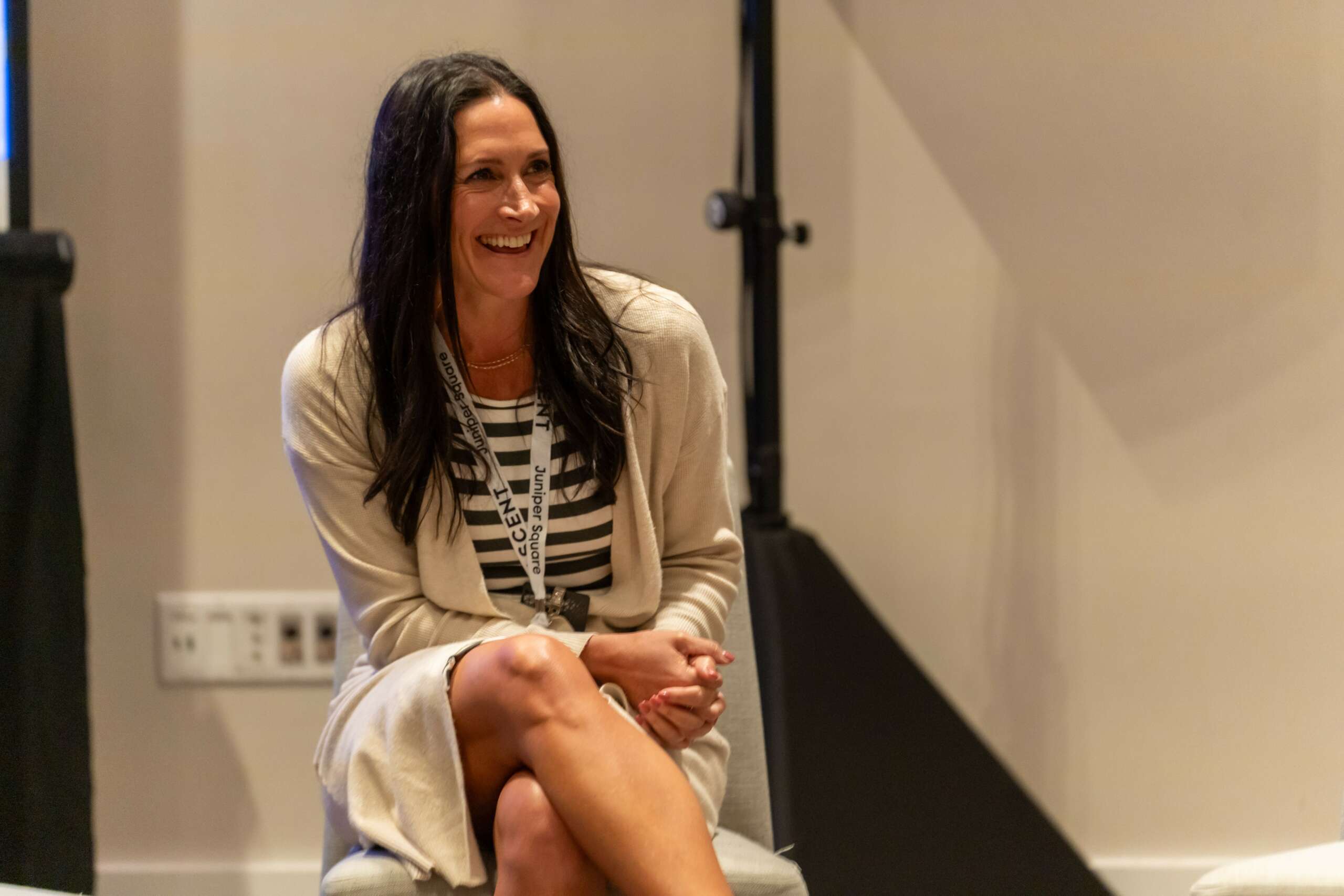
Let’s talk about resilience next – do you have a story you can share with us?
I built my resilience on the back of trauma and resistance in my life which led me into this profession. After a series of potent and horrific events over a short period of time I learned of the wisdom of survival instincts when led by choice. The choice to blaze through to growth rather than dysfunction combined with the opportunity to do and learn SRT to heal trauma, change the brain, and build new neural pathways for longterm health. A year that included divorce, death, high impact shock trauma, disease, and poverty created a platform for exploring the innate gift of human resilience that we’re born with and how to work with it to amplify and accelerate healing in a new way.
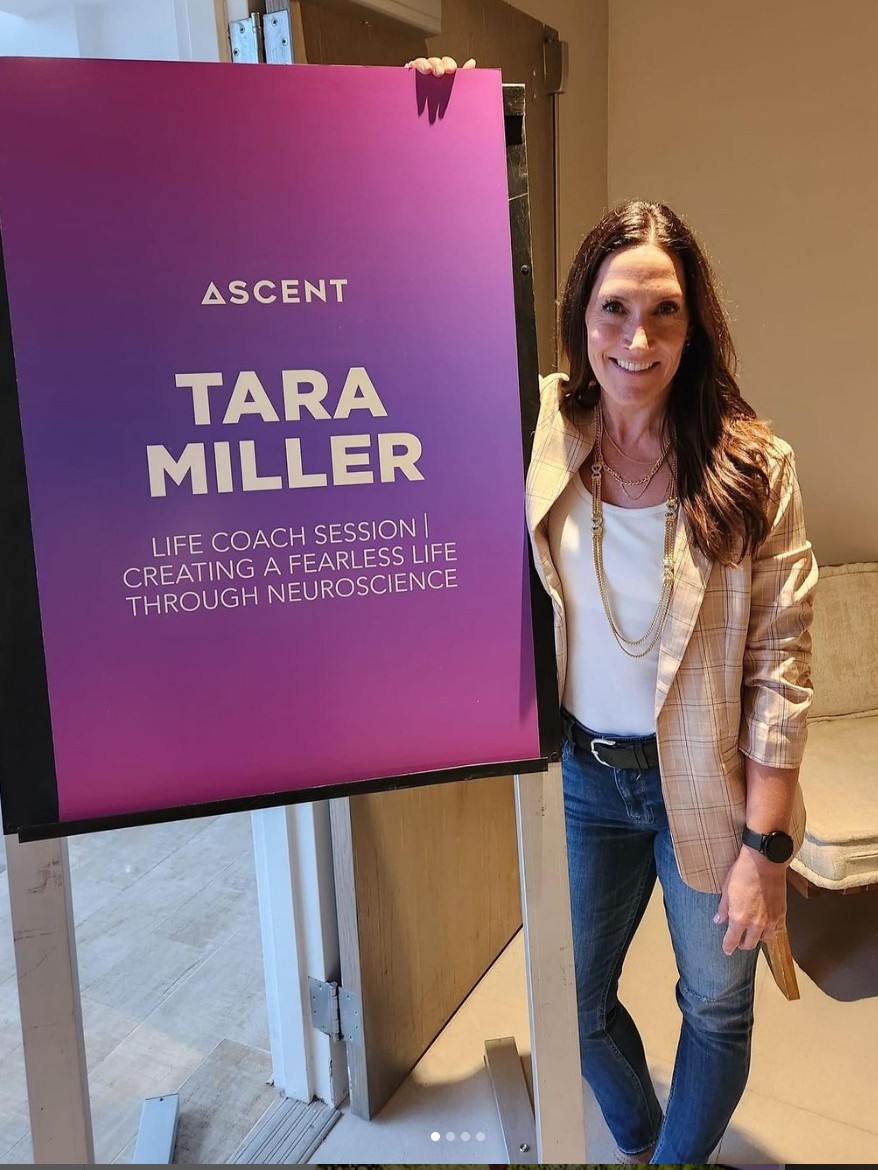
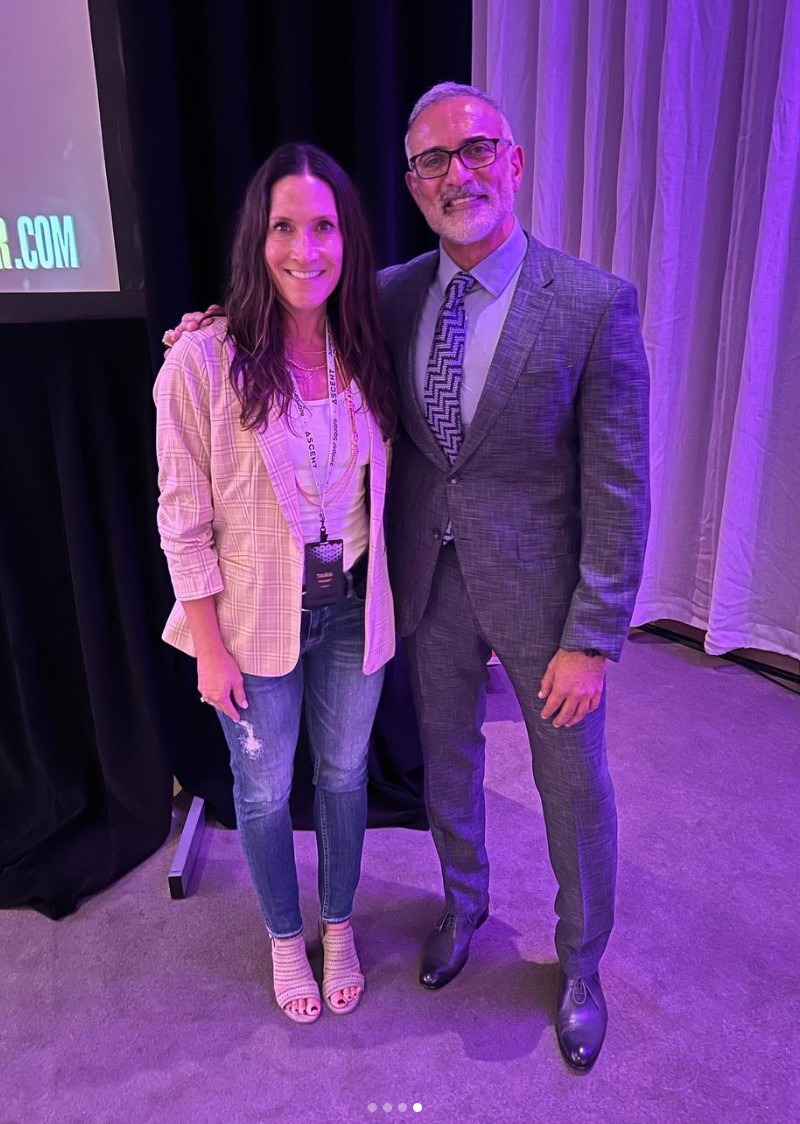
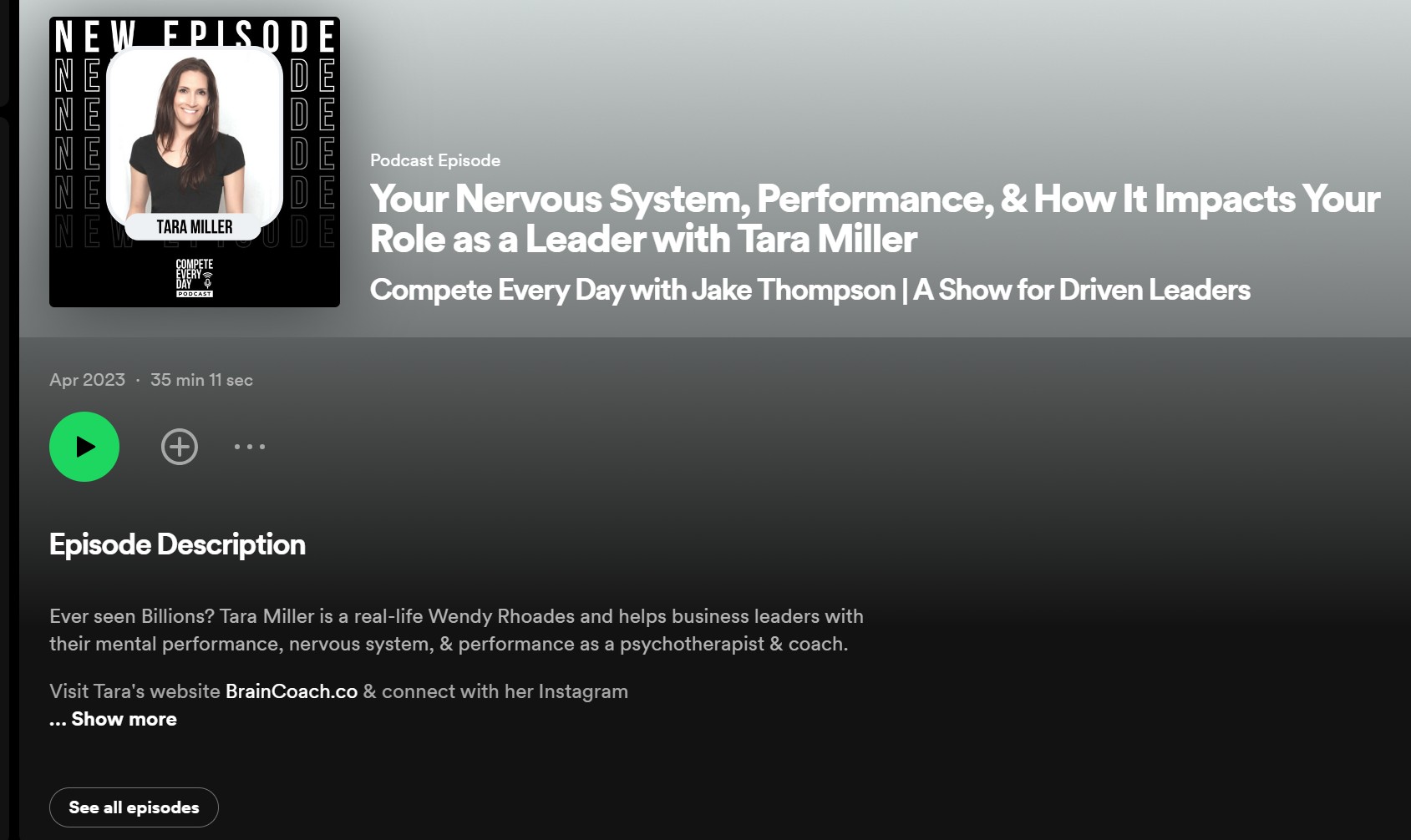
What do you think helped you build your reputation within your market?
I work from a different background of knowledge and practice than most in this field and have applied the clinical knowledge and experience to a new arena. A lot of my growth and reputation came from highlighting the differences in how I work both clinically and corporately in an uphill swim rather than following the standard approaches and practices. How it is different, effective, and speaks to the missing piece many find absent from other coaching methods has been the key to being set apart in this space right now.
Contact Info:
- Website: http://braincoach.co
- Instagram: @tarashrink
- Linkedin: https://www.linkedin.com/in/tara-miller-76650622/
- Twitter: @taradawnmiller
- Youtube: https://www.youtube.com/@taramiller7191
- Other: http://taradawnmiller.com
Image Credits
edinstudios.com


